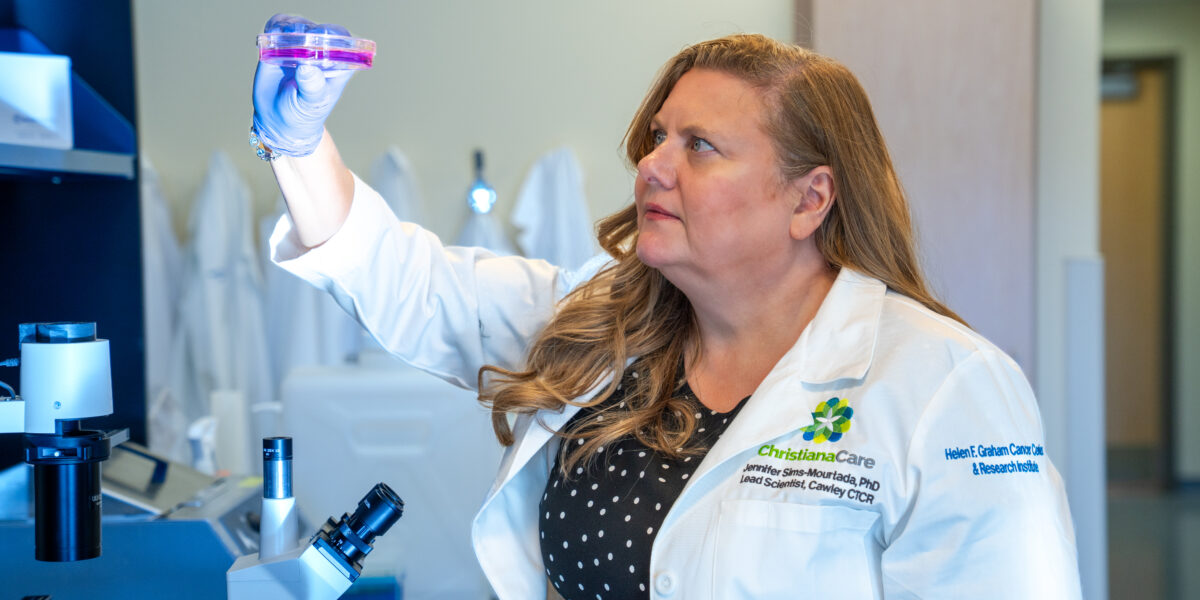Login
CyberKnife
What to Expect from CyberKnife Treatment
The stages to CyberKnife Treatment.
Preparing For Your CyberKnife Treatment
Generally, you will have consultation appointments with both the surgeon and the radiation oncologist. The CyberKnife nurse coordinator will arrange for insurance preauthorizations and inform you of your dates for pretreatment tests. These tests may include blood work and a CT scan, MRI or PET scan.
Men receiving prostate cancer radiation therapy can benefit from this advanced protection for prostate cancer therapy with SpaceOAR (Organs at Risk) hydrogels.
The biodegradable spacers push the rectum away from the prostate and out of the high-dose radiation field to protect rectal cells from injury and thereby improve outcomes. The SpaceOAR gels are injected in a minimally invasive procedure, are safe to use and dissolve after treatment leaving nothing behind.
Scanning
Planning
Following the scanning process, image data are digitally transferred to the CyberKnife system’s treatment-planning workstation. Here, the treating physician identifies the exact size, shape and location of the tumor. A qualified clinician then uses the CyberKnife software to generate a treatment plan to provide the desired radiation dose to the identified tumor location without damaging surrounding healthy tissue. You do not need to be present during this step in the process.
Treatment Delivery
After Treatment and Follow-Up
There are minimal side effects from CyberKnife treatment. The most common side effect is fatigue. Most of the time, patients are able to go back to their usual activities but will need someone to drive them home immediately after treatment. Members of our CyberKnife team can help you to arrange alternate transportation plans if needed.
You will return soon after your treatment for a follow-up visit with the doctors. Several months after treatment, you will see the doctors and have follow-up scans to check your response to the treatment. Follow-up imaging, generally performed with a combination of CT, MRI or PET scanning, is usually performed in the months following treatment to assess the tumor’s response to the delivered radiation.
Providers
Related Content
Contact Us
Helen F. Graham Cancer Center & Research Institute
4701 Ogletown-Stanton Road,
Newark, DE 19713





